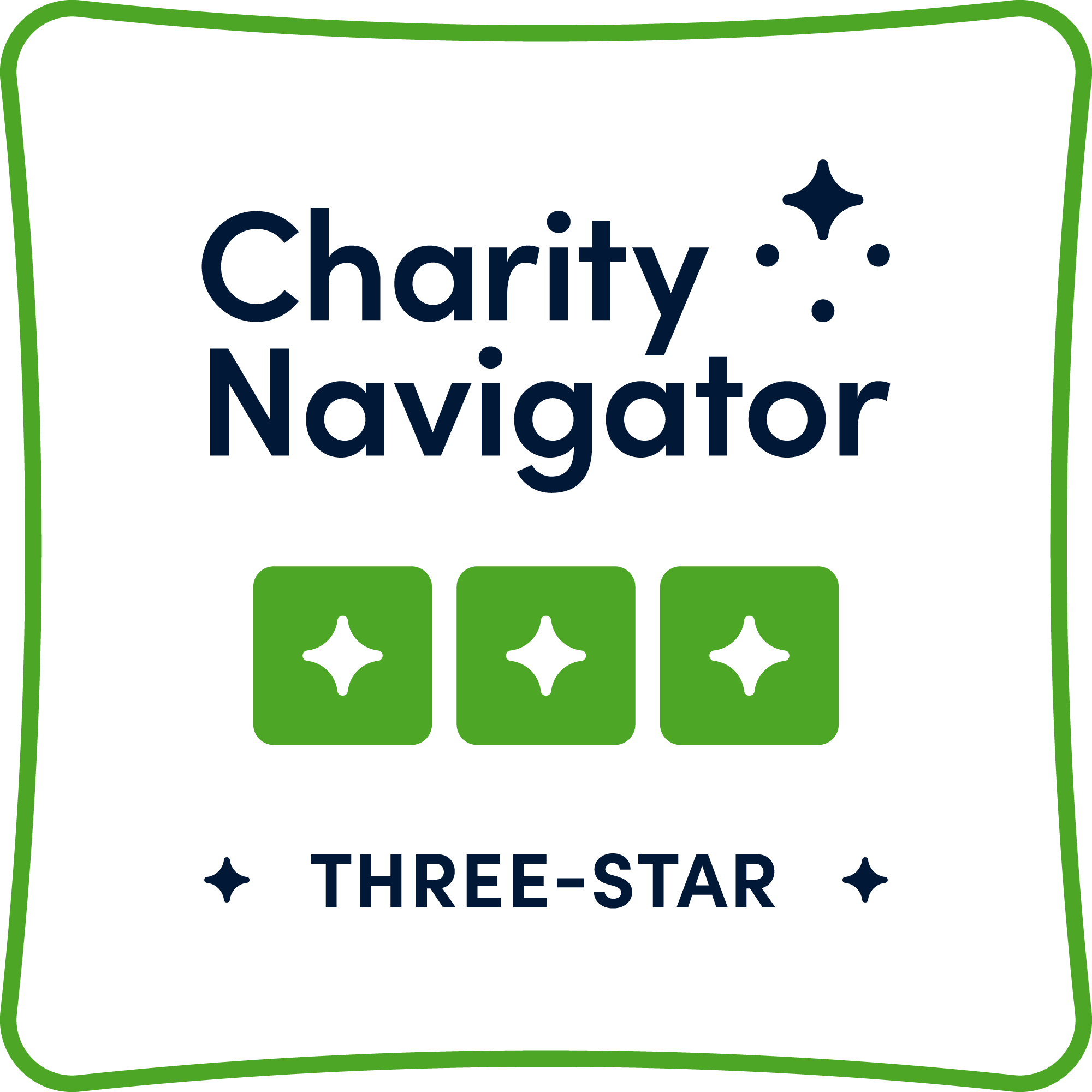National Convention Gala Photos
Photos from the BVA Gala at our 80th National Convention are now out! Find and download your favorite photos!
Skiing Blind
Check out our latest “Skiing Blind” video!
Blinded Veterans Association Expands Criteria for Organization Membership
Any person having honorably served, or currently serving in the Armed Forces of the United States, qualifying for Department of Veterans Affairs Blind Rehabilitation Service is now eligible for membership in BVA…
TESTIMONIALS
RECENT POSTS
Lea Rowe Appointed New BVA National Executive Director
The Blinded Veterans Association’s National Board of Directors has appointed Lea Rowe as the new National Executive Director. She has most recently served in the dual role of Interim National Executive Director for the past four months and the National Legislative Director since January 2025. The appointment is effective immediately. Lea brings 21 years of experience in nonprofit management to the position of Executive Director, including her tenure as Head of Client Services at Lighthouse
Well-Kept Secret: Patient Advocacy at VA:
Many BVA members may still be unaware of the VA Office of Patient Advocacy (OPA), officially established approximately nine years ago on July 17, 2017. The Office was created to provide veteran-centered advocacy services and to help resolve healthcare complaints that could not be addressed at the point of service. Patient Advocates (PAs) serve as liaisons between veterans and VHA care—whether the care is outpatient, inpatient, or long-term care. Their charge is to ensure that the
Desperate for Winter’s End? Watch Punxsutawney Phil Emerge at Sunrise Monday
With the latest series of extreme weather events, spring and warmer weather can’t be far from anyone’s mind. Just ask those who experienced the snow, sleet, and freezing rain of last weekend, and then the ice and bitter cold during the days that followed, just how challenging it was to shovel sidewalks and driveways. Winter 2025-26 has, to this point, most assuredly been a colder and harsher season than the winters of recent years, at least
Four Chaplains Day Recalls Noble Manifestations of Sacrifice, Courage, Heroism
Next Tuesday, February 3, 2026, is the 83rd anniversary of the sinking of the United States Army Transport (USAT) Dorchester and numerous legendary acts of selflessness by four U.S. Army Chaplains, all representing different faiths, who found themselves together onboard. Likely but still uncertain, the feats of the four Chaplains consumed little more than one hour on board the ship. Four Chaplains Day was established by Congress in 1988 to honor these men for their



